UEFA Nations League
| Founded | c. 2018 |
|---|---|
| Region | Europe (UEFA) |
| Number of teams | 55 |
The UEFA Nations League[1] is a proposed international association football competition, to be contested by the senior men's national teams of the member associations of UEFA, the sport's European governing body. The first tournament is due to commence in September 2018, after the 2018 FIFA World Cup, and the winner will be decided in June 2019. The competition will largely replace international friendly matches currently played on the FIFA International Match Calendar.[2]
Adoption
In October 2013, Norwegian Football Association President Yngve Hallén confirmed that talks had been held to create a third full national-team international tournament for UEFA members but warned that it was only at the design stage.[3]
The concept of the UEFA Nations League would see all 55 of UEFA's members associations' national teams divided into a series of groups based upon a ranking formulated using their recent results, where they would be promoted and relegated to other groups according to their results within the group.[4] The proposed tournament would take place on dates on the International match calendar that are currently allocated for international friendlies and would not affect the FIFA World Cup or UEFA European Championship.[5]
In March 2014, UEFA general secretary Gianni Infantino stated that one of the benefits of the proposal would be to help less glamorous national associations arrange games.[5] The Football Association's chairman Greg Dyke said that the proposal is "very attractive", as England would be expected to play against top-ranking national teams.[5] Royal Belgian Football Association's general secretary Steve Martens said that lower-ranked nations would still benefit financially from the competition, as the television contract with UEFA would be centralised.[6]
The UEFA Nations League was unanimously adopted by the 54 UEFA member associations (Kosovo was not member at this time) at the XXXVIII Ordinary UEFA Congress in Astana on 27 March 2014.[1]
Format
According to the approved format (prior to Kosovo becoming UEFA member),[1][7][8] the 55 UEFA national teams will be divided into four divisions (called "Leagues"):[9][10] 12 teams in League A, 12 teams in League B, 15 teams in League C, and 16 teams in League D. In the top division League A, teams will compete to become the UEFA Nations League champions. Teams will also compete for promotion and relegation to a higher or lower division. The UEFA Nations League will also be linked with UEFA Euro qualifying, providing teams another chance to qualify for the UEFA Euro finals tournament.[9][10][11]
The format was criticized for allegedly allowing teams not good enough to qualify through the regular qualifiers to make it to the EURO finals.[12] Also, teams already eliminated from the World Cup qualifiers would benefit from losing games on purpose, in order to drop to a lower league and improve their chances of qualifying through the Nations League playoffs.[13]
Seasons
Each season of the UEFA Nations League will be played from September to November of an even-numbered year (pool stage), and June of the following odd-numbered year (final four competition of League A), meaning a UEFA Nations League champion will be crowned every two years.[9][10][11]
The first season is 2018–19 UEFA Nations League.
Teams
All 55 UEFA national teams will compete in the UEFA Nations League.
 Albania
Albania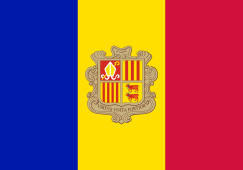 Andorra
Andorra Armenia
Armenia Austria
Austria Azerbaijan
Azerbaijan Belarus
Belarus.svg.png) Belgium
Belgium Bosnia and Herzegovina
Bosnia and Herzegovina Bulgaria
Bulgaria Croatia
Croatia Cyprus
Cyprus Czech Republic
Czech Republic Denmark
Denmark England
England Estonia
Estonia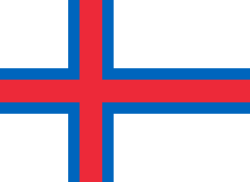 Faroe Islands
Faroe Islands Finland
Finland France
France Georgia
Georgia Germany
Germany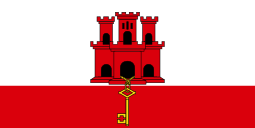 Gibraltar
Gibraltar Greece
Greece Hungary
Hungary Iceland
Iceland Israel
Israel Italy
Italy Kazakhstan
Kazakhstan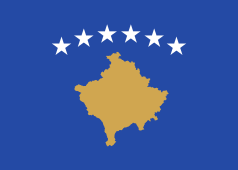 Kosovo
Kosovo Latvia
Latvia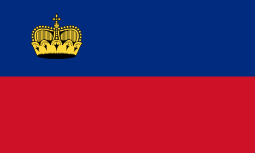 Liechtenstein
Liechtenstein Lithuania
Lithuania Luxembourg
Luxembourg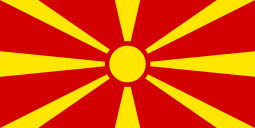 Macedonia
Macedonia Malta
Malta Moldova
Moldova Montenegro
Montenegro Netherlands
Netherlands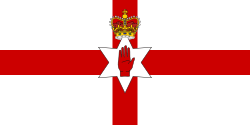 Northern Ireland
Northern Ireland Norway
Norway Poland
Poland Portugal
Portugal Republic of Ireland
Republic of Ireland Romania
Romania Russia
Russia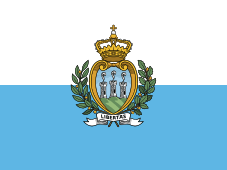 San Marino
San Marino Scotland
Scotland Serbia
Serbia Slovakia
Slovakia Slovenia
Slovenia Spain
Spain Sweden
Sweden Switzerland
Switzerland Turkey
Turkey Ukraine
Ukraine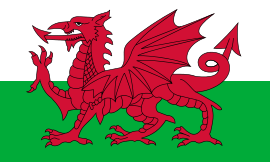 Wales
Wales
See also
References
- 1 2 3 "UEFA Nations League receives associations' green light". UEFA.org. 27 March 2014.
- ↑ Rumsby, Ben (25 March 2014). "England ready to play in new Nations League as revolutionary UEFA plan earns unanimous backing". The Telegraph. The Telegraph Media Group. Retrieved 26 March 2014.
- ↑ Hojem Kvam, Lars (9 October 2013). "Hva om Ronaldo, Özil, Balotelli og Pique møtes til ligaspill – med sine landslag?" (in Norwegian). dagbladet.no. Retrieved 26 March 2014.
- ↑ Gibson, Owen (10 October 2013). "Uefa explores internationals shake-up with Nations League plan". TheGuardian.com. Retrieved 26 March 2014.
- 1 2 3 "Nations League: New European tournament to be confirmed". BBC Sport. 26 March 2014. Retrieved 26 March 2014.
- ↑ "Nations League moet nieuwe mijlpaal in Europese voetbal worden" (in Dutch). zita.be. 26 March 2014. Retrieved 26 March 2014.
- ↑ "UEFA Nations League: all you need to know". UEFA.com. 27 March 2014.
- ↑ "UEFA Nations League/UEFA EURO 2020 qualifying" (PDF). UEFA.com.
- 1 2 3 "UEFA Nations League format and schedule approved". UEFA.com. 4 December 2014.
- 1 2 3 "UEFA Nations League format and schedule confirmed". UEFA.org. 4 December 2014.
- 1 2 "UEFA Nations League and European Qualifiers competition format, 2018–2020" (PDF). UEFA.com.
- ↑ Dunbar, Graham (25 March 2017). "As World Cup hope fades, Europeans turn to Nations League". Associated Press. Retrieved 17 July 2017.
- ↑ "UEFA Nations League: Losing could improve your chances". Football-Rankings.info. 14 July 2017. Retrieved 17 July 2017.